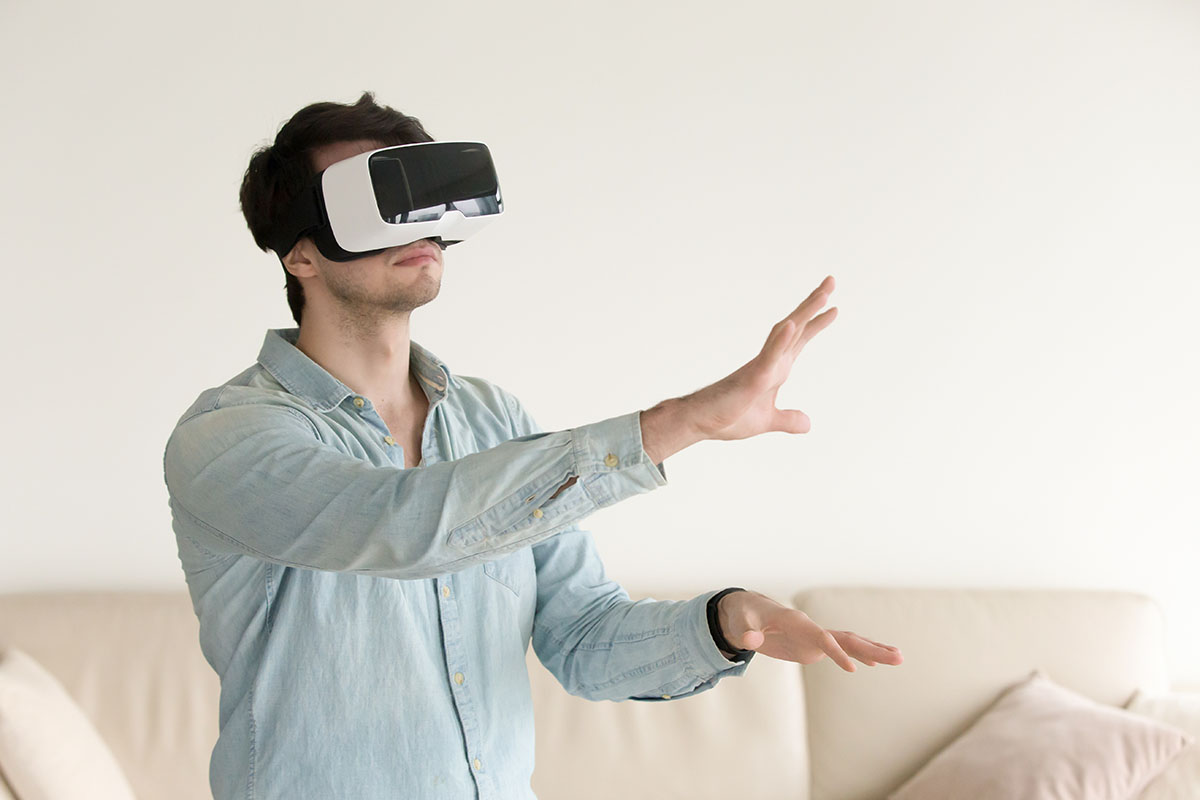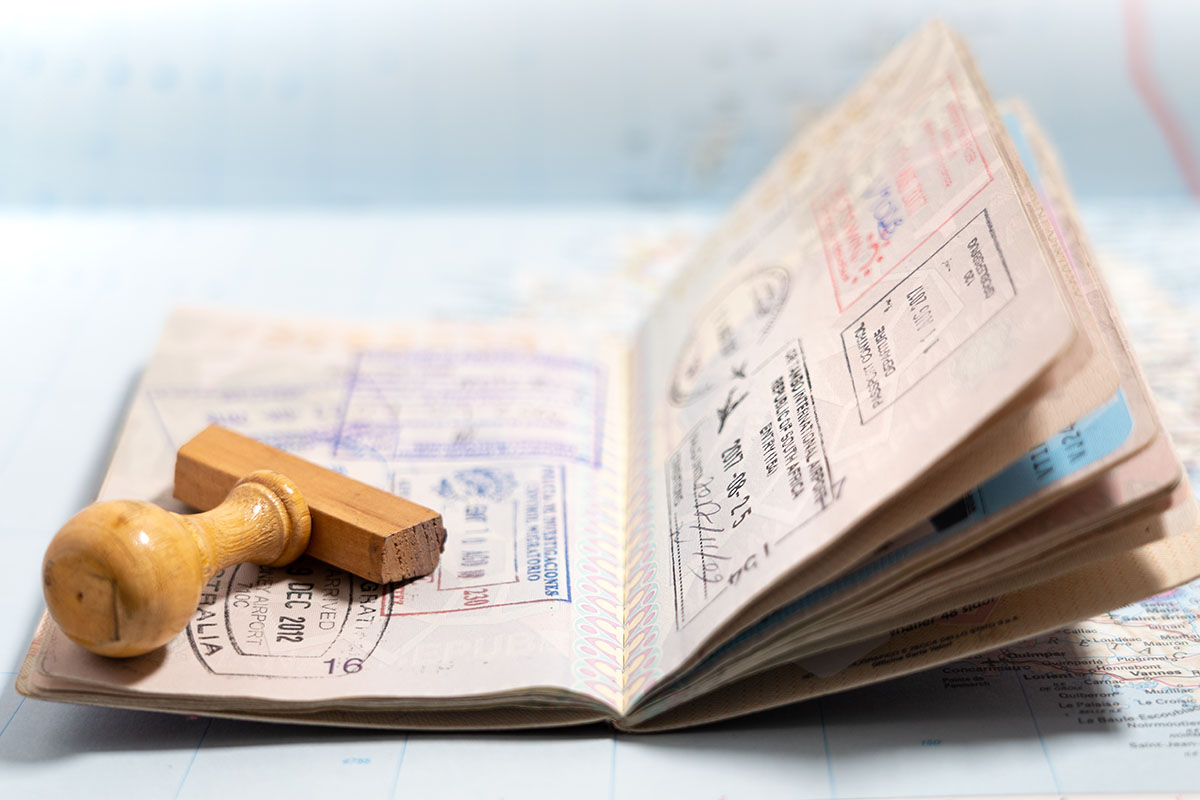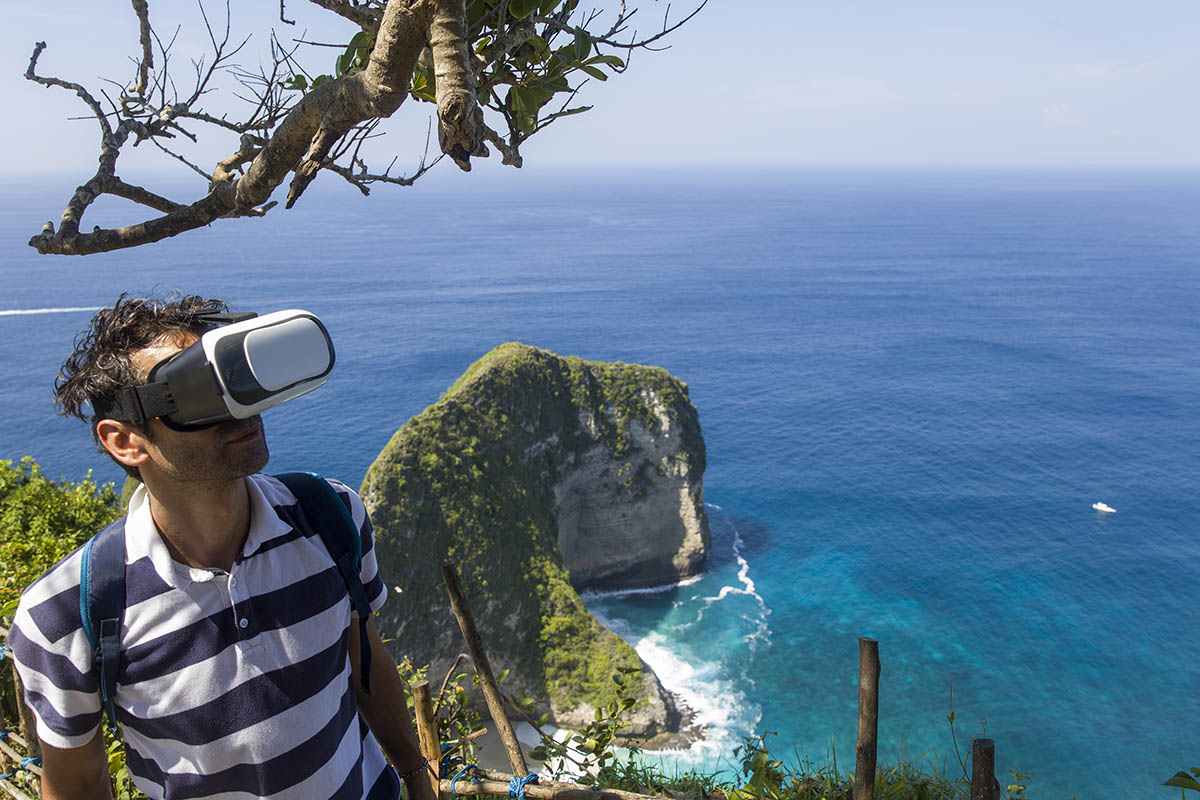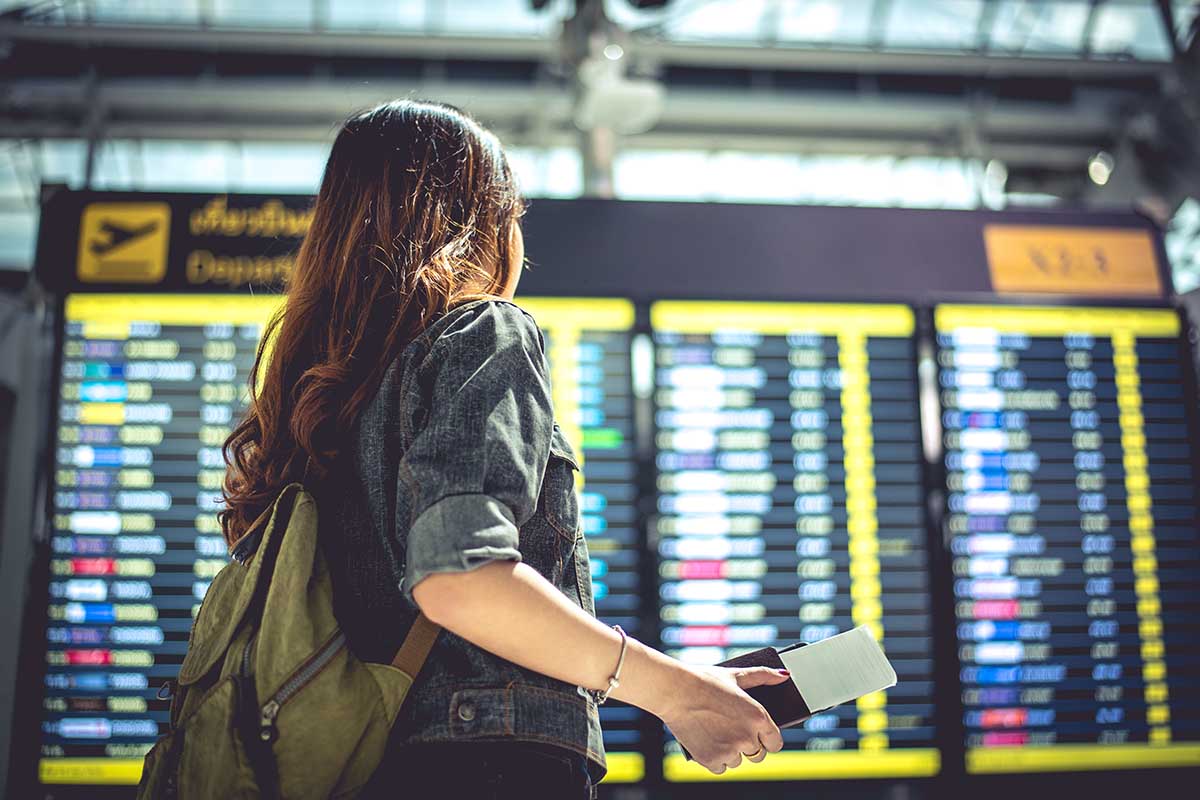What is the Meaning of Virtual Travel: Will Virtual Reality Change Travel Planning?
Canadians are leaning further into the world of technology and online sources to find forms of entertainment and leisure.
What does the future hold, from online gambling fun at Betmaster Casino to various online classes and technological trends?
As Kevin Cochran has discovered, we may be looking at a new way of exploring the world through virtual reality trips.
He’s traversed the earth through various forms yet finds VR travel to be the most exquisite.
What is the Meaning of Virtual Travel?
If you’ve ever traveled to top destinations, you’ve probably been through the excitement of waiting to explore beautiful attractions.
Just imagine the disappointment upon arrival – crowds of impatient tourists, monuments not being what you expected, and restrictions.
Even if your travels’ primary purpose is for business, regular flights and being far from home can be exhausting.
Busy airport terminals, airport beds…sometimes the trip just isn’t worth it; that’s where VR travel comes in.
With the world of technology continuously expanding, you can use virtual reality to travel.
This way, the challenges of travel planning can be mitigated as you explore the world in your own time, space, and comfort.
By merely using a VR headset, you can access an interactive visual image or video with a 360° view.
For those that don’t have access to a headset, you can use a regular desktop or mobile device to view the 360° visuals; however, it won’t be as immersive.
Why Choose Virtual Reality Travel?

Virtual Reality tourism and business have seen a significant increase in popularity in recent years.
The trend is expected to grow as the world faces and lives through the COVID-19 pandemic. While many countries have resumed business as usual, international travel remains closed.
Virtual Experience
VR trips have numerous benefits for the tourism industry.
For one, it allows potential travelers to immerse themselves in destinations before booking a ticket. Wouldn’t it be better to know what to expect beforehand?
Consider it a demo version of reality.
VR tourists have the opportunity to see the world up close and personal. You’ll never have to worry about knocking over precious artifacts, or getting grubby fingerprints on relics.
You could also use the VR experience to plan for the actual trip. It gives you an idea of what items to pack and may help with navigational bearings when you arrive.
Recreational Affordability

For those that haven’t been afforded the luxury of exploring the world, VR travel is an affordable method of experiencing it.
Virtual reality headsets and software may come with a hefty price tag; it’s a once-off cost that doesn’t compare to international travel expenses.
Once you’re set-up, you have the world at your fingertips. VR tourism frees you from planning an itinerary, organizing a passport and visa, and paying for expensive flights.
Business Affordability
Much like recreational money savings, VR travel can help corporations cut costs. In 2019, the average business trip was US$1293.
Multiply that by a couple of flights a year for multiple employees; the numbers become excess, especially for small businesses.
A cost-effective solution is a virtual reality conference. Many believe that the future of collaboration and meetings lies in this technology, and it’s easy to see why.
With many working remotely, VR conferences will help encapsulate the traditional office and boardroom atmosphere.
Environmental Impact

As the next generation moves into the corporate space, there’s a growing concern for how we impact the environment.
Virtual reality travel is a major player in combatting carbon emissions that result from flights and other expeditions.
VR tourism and conferencing will help reduce emissions significantly in the long term.
The Downside To Virtual Reality Travel
The technology surrounding VR has made massive strides in recent years and is on an upward trajectory.
However, it still has a long way to go before it can fully encapsulate the full travel experience.
Part of visiting a new country is immersing yourself in the culture, food, and environment.
VR systems allow us to see and hear the virtual world, but senses such as scent, taste, and touch are excluded from the experience.
In Closing
The future is exciting, and we can expect to be fully absorbed in virtual reality technology.
Soon we’ll have travel experiences like no other, and who knows, we may explore the greater universe right at home.




















